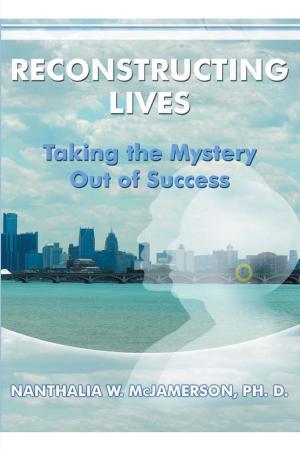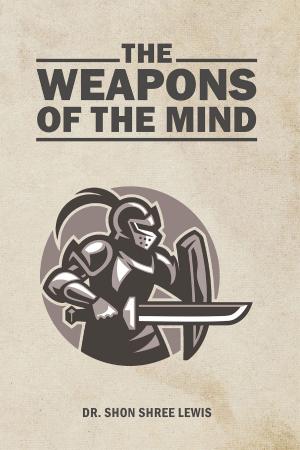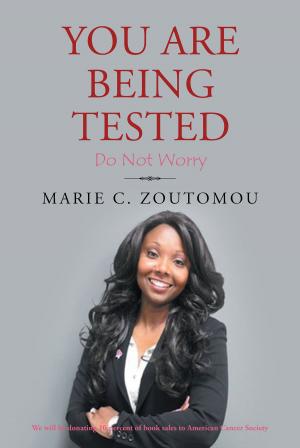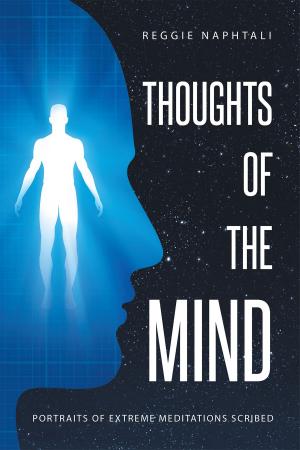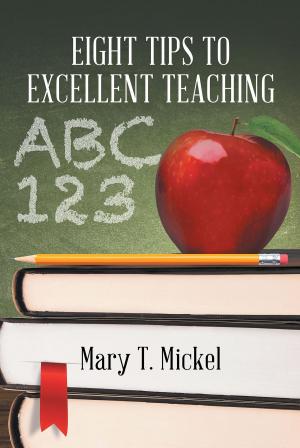| Author: | Dr. Muriel Gerhard | ISBN: | 9781635681017 |
| Publisher: | Page Publishing, Inc. | Publication: | March 24, 2017 |
| Imprint: | Language: | English |
| Author: | Dr. Muriel Gerhard |
| ISBN: | 9781635681017 |
| Publisher: | Page Publishing, Inc. |
| Publication: | March 24, 2017 |
| Imprint: | |
| Language: | English |
It just happened! There they were! Shouting! “Put it in a book! The research is significant! The magazine “Grade Teacher” devoted the whole issue to the research. What is significant is that we can teach for thinking! We can improve our pupil`s cognitive skills, be they decision- making, creativity, analysis, problem- solving, inductive and deductive reasoning, as well as concept development, to mention just a few.
It all began when I had given a presentation at the ASCD convention addressing over 500 educators following a nine- year study on inquiry and cognitive-centered teaching funded by The Ford Foundation and now found myself mobbed by publishers to “PUT IT IN A BOOK! The book was written in ten weeks and it sold and sold and sold one hundred thousand copies and --- was translated into many foreign languages. This resulted in teaching pupils at all grade levels to process information, to develop conceptual frameworks and in depth understanding of the content in all disciplines be it mathematics, the sciences, the social science, music and the arts. Learners developed and “grew” concepts and conceptual frameworks and really understood the material as opposed to mouthing memorized sequences of words.
Let me show you what I am trying to convey. I visited a first grade class and there they were singing praises to TWO, chanting One and One is TWO. Then it happened! One little boy raised his hand and blurted out, “What`s a two?
We live in a conceptual world. Whether we are teaching kindergarten children their ABCs or graduate students advanced mathematics, we must teach so that they truly understand what they are talking about, so that they can develop concepts, simple concepts first and then more intricate concepts. That my friends is---- what learning is all about.
My career has spanned over sixty years spent examining, researching, developing, writing and teaching various methods teachers can use to educate our children more effectively. So here it is, an updated version of the original book, designed for the digital age and our digital destiny providing our new generation with the critical cognitive skills to deal with a very challenging future! The processes and strategies are clearly delineated and applicable to every discipline at every level of instruction. These have been researched and evaluated.
In sum, the world has become far more complex than any of us as educators could have envisioned. We are being deluged with the new, the unknown. We will need thinkers and problem solvers. Teach them all to think. Need I say more?
It just happened! There they were! Shouting! “Put it in a book! The research is significant! The magazine “Grade Teacher” devoted the whole issue to the research. What is significant is that we can teach for thinking! We can improve our pupil`s cognitive skills, be they decision- making, creativity, analysis, problem- solving, inductive and deductive reasoning, as well as concept development, to mention just a few.
It all began when I had given a presentation at the ASCD convention addressing over 500 educators following a nine- year study on inquiry and cognitive-centered teaching funded by The Ford Foundation and now found myself mobbed by publishers to “PUT IT IN A BOOK! The book was written in ten weeks and it sold and sold and sold one hundred thousand copies and --- was translated into many foreign languages. This resulted in teaching pupils at all grade levels to process information, to develop conceptual frameworks and in depth understanding of the content in all disciplines be it mathematics, the sciences, the social science, music and the arts. Learners developed and “grew” concepts and conceptual frameworks and really understood the material as opposed to mouthing memorized sequences of words.
Let me show you what I am trying to convey. I visited a first grade class and there they were singing praises to TWO, chanting One and One is TWO. Then it happened! One little boy raised his hand and blurted out, “What`s a two?
We live in a conceptual world. Whether we are teaching kindergarten children their ABCs or graduate students advanced mathematics, we must teach so that they truly understand what they are talking about, so that they can develop concepts, simple concepts first and then more intricate concepts. That my friends is---- what learning is all about.
My career has spanned over sixty years spent examining, researching, developing, writing and teaching various methods teachers can use to educate our children more effectively. So here it is, an updated version of the original book, designed for the digital age and our digital destiny providing our new generation with the critical cognitive skills to deal with a very challenging future! The processes and strategies are clearly delineated and applicable to every discipline at every level of instruction. These have been researched and evaluated.
In sum, the world has become far more complex than any of us as educators could have envisioned. We are being deluged with the new, the unknown. We will need thinkers and problem solvers. Teach them all to think. Need I say more?

